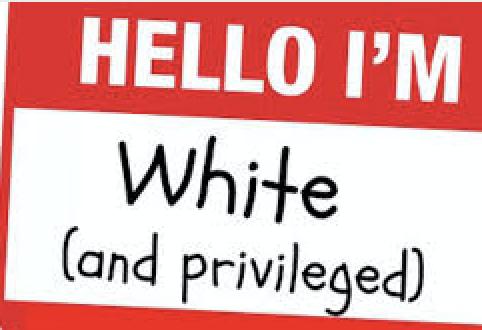A recent Talbot County Council meeting when a council member questioned the need for a diversity policy, chided a colleague for being too emotional about change and the renewed possibility of removing the Talbot Boys Monument on the courthouse green and then demanded that telephonic input and criticism from the head of the local NAACP chapter be muted, angrily threatening to walk out—the political fireworks were a shocking display of blindness to the actions necessarily being undertaken nationwide in the wake of the brutal killing of George Floyd by a Minneapolis police officer.
In responding to what she considered a precipitous reaction to the furor over Floyd’s well-publicized death after a white policeman kneeled for nearly nine minutes on the black man’s neck, Councilwoman Laura Price voiced a sentiment shared by many. A serious public official, Price echoed a common refrain during a moment in history:
Don’t rush to tear down Confederate monuments and rename Army posts in the South in the heat of the moment.
Take a collective breath and avoid impulsive actions that may later be regretted.
Don’t be swayed by zealous activists trying to take advantage of an admittedly horrendous action to instigate policy changes and removal of hateful symbols of white supremacy.
I would suggest to Councilwoman Price that emotion is exactly what is now imperative to redress wrongs toward, and mistreatment of our fellow African-American citizens fostered since our nation’s founding.
Normally an incrementalist who prefers reasoned discussion before taking action, I believe that African-Americans have been undeniably patient about change in a country supposedly founded on liberty and freedom for all. Despite desirable legal shifts in education, voting and housing, blacks still suffer from lack of economic opportunity.
More than 50 years ago, during the divisive Vietnam War, I wondered about the proportionally large number of combat deaths among black soldiers. It was a war fought mostly by members of the lower classes. And then black soldiers who fought for their country returned to a homeland still rife with bias and unequal treatment.
The time is now to act. The time is now to make changes, even symbolic ones. The time is now to explore and then engineer structural adjustments that make life fairer for black U.S. citizens.
The past weekend was a reawakening for me. I listened on the courthouse green to the disturbing words of Talbot County native Frederick Douglass excerpted from a speech he delivered July 5, 1852 to a group of abolitionists in Rochester, New York.
I only wish I had read and absorbed Douglass’ spellbinding remarks when I was younger. My understanding of American inequality would have been deeper. My sense of citizenry would have been more enlightened.
For those who think that we as a country should move more slowly and gingerly in confronting blatant, as well as nuanced discrimination, I recommend this passage in Douglass’ speech:
“At a time like this, scorching irony, not convincing argument, is needed. O! had I the ability and could I reach the nation’s ear, I would, to-day, pour out a fiery stream of biting ridicule, blasting reproach, withering sarcasm, and stern rebuke.
“For it is not light that is needed, but fire; it is not the gentle shower, but thunder. We need the storm, the whirlwind, and the earthquake. The feeling of the nation must be quickened; the conscience of the nation must be roused; the propriety of the nation must be startled; the hypocrisy of the nation must be exposed; and its crimes against God and man must be proclaimed and denounced.”
Douglass was addressing the evil of slavery. A renowned orator, he could not celebrate the 76th anniversary of our young country and ignore the debasing treatment of people unable to enjoy the manifold opportunities available to whites.
Nor can we.
We must search our souls for evidence of prejudice. We must look at lives of privilege and ask why we were so lucky. We were born with immediate familial benefits. We assumed we were entitled to them.
I beseech Councilwoman Price and others who share her “go slowly” approach to seize the moment to make changes that benefit our friends and neighbors who differ from us only in the color of their skin. African-Americans have waited long enough.
Slavery legally ended with the Emancipation Proclamation. Attitudes did not. Nuanced, subtle discrimination is alive and well. We do not need a modern-day Frederick Douglass, should he or she exist, to pierce our indifference.
We need a whirlwind.
Columnist Howard Freedlander retired in 2011 as Deputy State Treasurer of the State of Maryland. Previously, he was the executive officer of the Maryland National Guard. He also served as community editor for Chesapeake Publishing, lastly at the Queen Anne’s Record-Observer. In retirement, Howard serves on the boards of several non-profits on the Eastern Shore, Annapolis and Philadelphia.



Write a Letter to the Editor on this Article
We encourage readers to offer their point of view on this article by submitting the following form. Editing is sometimes necessary and is done at the discretion of the editorial staff.